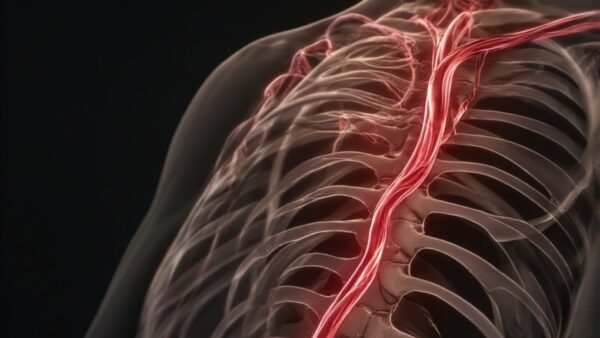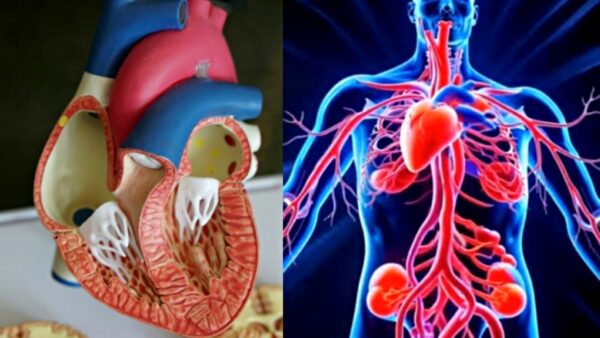Introduction
Blood flow plays a crucial role in maintaining our overall health and vitality. It is responsible for delivering oxygen and nutrients to all the cells in our body, as well as removing waste products and carbon dioxide. Poor blood circulation can have a negative impact on our well-being, affecting everything from our energy levels to our immune system.
How Does Blood Flow Affect Vitality?
Proper blood flow is essential for optimal physical and mental performance. When blood circulation is compromised, it can lead to a variety of health issues such as fatigue, muscle cramps, and cognitive impairment. By ensuring good blood flow, we can experience increased energy levels, improved focus, and overall better health.
One of the key aspects of blood flow is its ability to transport oxygen throughout the body. Oxygen is crucial for generating energy in the form of adenosine triphosphate (ATP) in our cells. Without an adequate oxygen supply, our cells cannot function properly, leading to a decrease in vitality and overall well-being.

The Role of Blood Flow in Nutrient Delivery:
- In addition to oxygen, blood flow also delivers essential nutrients to our cells. These nutrients, such as vitamins, minerals, and amino acids, are necessary for various biochemical processes in the body. When blood flow is optimized, it ensures that our cells receive the necessary nutrients to perform their functions effectively, thereby supporting our vitality and overall health.
Waste Removal and Detoxification.
Another critical function of blood flow is the removal of waste products and toxins from our body. Efficient circulation helps transport waste products to the organs responsible for elimination, such as the kidneys and liver. By supporting proper detoxification, good blood flow plays a vital role in maintaining our vitality and preventing the build-up of harmful substances in our body.
Ways to Improve Blood Flow for Enhanced Vitality
There are several strategies we can implement to enhance blood flow and support our vitality:
- Regular Exercise: Physical activity is one of the most effective ways to improve blood circulation. Exercise helps increase the diameter of blood vessels, allowing for better blood flow to all parts of the body.
- Healthy Diet: Consuming a diet rich in fruits, vegetables, lean proteins, and whole grains can support healthy blood flow. Certain foods, such as garlic, cayenne pepper, and dark chocolate, have been shown to promote blood circulation.
- Hydration: Staying hydrated is essential for maintaining proper blood viscosity and circulation. Drinking an adequate amount of water helps ensure that blood can flow smoothly through the arteries and veins.
- Avoiding Smoking: Smoking can constrict blood vessels and impede blood circulation. Quitting smoking or avoiding exposure to secondhand smoke can significantly improve blood flow and overall vitality.
By incorporating these lifestyle changes and practices into our daily routine, we can support optimal blood flow and enhance our vitality. Remember, blood flow is the foundation of our health, and by prioritizing it, we can enjoy a life full of energy, vitality, and well-being.
In conclusion, the relationship between blood flow and vitality is undeniable. By understanding the importance of proper circulation and taking steps to improve it, we can experience increased energy, mental clarity, and overall wellness. Prioritizing blood flow is key to unlocking our full potential and living a vibrant and fulfilling life.






